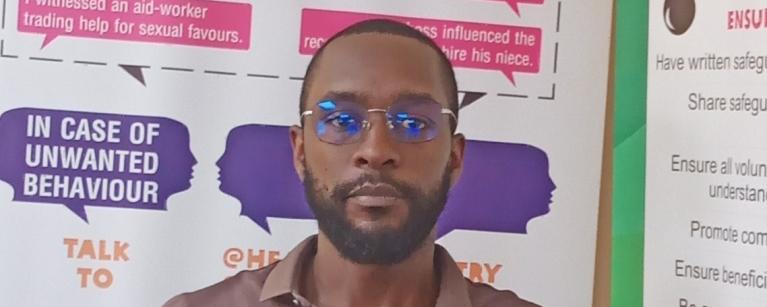From 4th to 8th September 2023, different global leaders, United Nations agencies, intergovernmental organisations, Regional Economic Communities, private sector, civil society organisations, indigenous peoples, local communities, children, youth, women and academia convened in Nairobi, Kenya for the Africa Climate Summit 2023 to discuss Africa’s climate change challenges and formulate sustainable solutions.
The Africa Climate Summit clearly highlights the continent's climate challenges and the vulnerabilities of communities. As the world grapples with the consequences of rising temperatures and extreme weather events, it has become increasingly evident that there is an urgent need for climate change response.
For instance, World Bank statistics show that extreme events leading to disasters such as floods, droughts, and landslides have increased over the last 30 years in Uganda. Over the past two decades, an average of 200,000 Ugandans are affected each year by disasters.
Additionally, increased intensity of heavy rainfall has led to a greater impact of floods and are causing more damage due to expanded infrastructure, human settlement and general development of the country.
Presented with such a context, climate education serves as a powerful tool for raising awareness and fostering a sense of responsibility among individuals.
Although individuals are more aware of climate change and impacts than they were a decade ago, more needs to be done to increase their knowledge, especially on their individual contributions to adapting and mitigating the impacts.
For instance, providing students with a comprehensive understanding of climate science enables them to comprehend the causes and consequences of climate change. This knowledge empowers individuals to make informed decisions in their daily lives, such as adopting sustainable practices, reducing carbon footprints, and advocating for climate-friendly policies. Moreover, climate education instills a sense of urgency and encourages active participation in climate action, enabling individuals to become agents of change within their communities.
Climate education also equips individuals with the critical thinking skills necessary for evaluating climate-related information. In an era of misinformation and climate skepticism, it is imperative to cultivate a scientifically literate society capable of discerning fact from fiction.
By teaching students to analyze and interpret climate data, climate education enables them to make evidence-based decisions and challenge misinformation. This critical thinking ability is essential not only for addressing climate change but also for navigating other complex societal issues.
Climate education also contributes to the development of a green workforce. As the world transitions to a low-carbon economy, there is a growing demand for professionals with the knowledge and skills to design and implement sustainable solutions. By integrating climate education into academic curricula, educational institutions can prepare students for careers in renewable energy, sustainable agriculture, urban planning, and other climate-related fields. This not only addresses the skills gap but also promotes economic growth and innovation.
However, it is important to acknowledge the potential challenges and limitations of climate education. One such challenge is the need for continuous updates and adaptation of curricula to keep pace with the rapidly evolving field of climate science. Climate change is a complex phenomenon, and new research and discoveries constantly reshape our understanding of its intricacies. To ensure the effectiveness of climate education, it is crucial to invest in ongoing professional development for educators and provide them with access to the latest scientific knowledge.
It is crucial therefore for development partners and governments to prioritise climate education along implementation of other commitments of the Africa Climate Summit. By prioritizing climate education, we can create a generation of informed and empowered individuals capable of driving meaningful change and ensuring a sustainable future for all.
